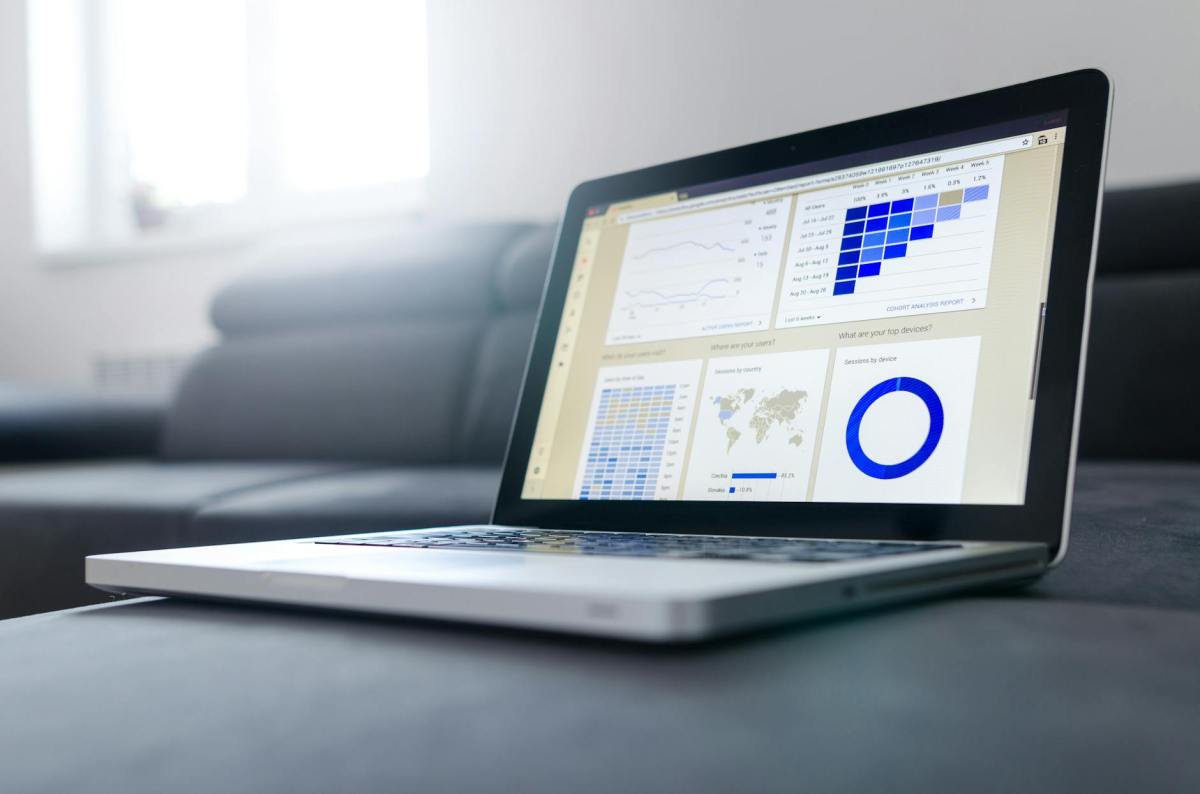Big Data can help in different business sectors in different ways with a number of benefits.
The possibility of having centralised information, data integration and exploitation tools, processing capacity or integrated solutions for advanced analytics and Artificial Intelligence are some examples.
Let’s look at specific applications of how Big Data helps tourism, agriculture and livestock or smart cities.
Big Data at the service of tourism
Tourism is one of the sectors in which Big Data, together with Artificial Intelligence, can help to study in greater depth and in a differential way how visitors behave or other interesting data in order to anticipate their needs and adapt to their demands.
What does this technology bring to tourism?
- Tourist profile. The profile of visitors and their behaviour in the geographies analysed can be known in greater detail.
- Optimisation. Having detailed information on the people who visit the areas analysed makes it possible to optimise the management of resources based on the data collected.
- Results reports. The data visualisation tools present them in a simple way so that any company or administration is able to understand them and process them according to the necessary information, such as volume of tourists, most visited areas, busiest times of day or geographical origin.
- More appropriate responses. Specific needs can find answers to specific questions segmented by different types of profiles.
- Capacity for analysis and monitoring. Having a greater capacity for analysis and monitoring also makes it possible to optimise the planning and management of point-of-sale resources.
- Efficiency. Unlike other traditional solutions such as surveys, tools based on Big Data can make the samples larger and more representative of the people who visit the areas analysed.
Smart agriculture and livestock farming
Big Data, in collaboration with other technologies such as AI or the Internet of Things (IoT), are the pillars for undertaking the digital transformation in livestock and agriculture thanks to the data collected in the field and the subsequent recommendations based on this information gathered.
This technological potential can serve to increase the capacities of the entire value chain, with productivity, efficiency and improved decision-making processes as the main features.
With the connected field or Smart Agro, specific use cases can be deployed and the data collected can be updated more frequently, thus shortening planning and improvement cycles.
Similarly, historical data can help to identify trends, patterns or opportunities for improvement with technology solutions that include moisture or soil sensors, satellite vision devices and even drones.
Smart cities
The process by which cities are becoming smart cities makes it essential to implement technologies such as Big Data, IoT, AI and blockchain.
Making cities more liveable is particularly relevant in a world where, according to UN estimates, 70% of the population will be living in urban environments by 2050.
Therefore, the digital transformation towards sustainable developments that improve the quality of life through a more efficient management of available resources is indispensable.
Let’s look at some examples of how technology can help this more efficient management:
- Car park monitoring and management. By monitoring car parks, we can move towards more efficient mobility that will facilitate traffic regulation and decongest the most congested roads, which will reduce air and noise pollution and improve citizens’ quality of life through better planning of their journeys.
- Intelligent lighting. Remote management of lighting (including switching it on and off, controlling the lighting level and monitoring and controlling the lighting system) not only improves energy efficiency but also optimises maintenance, monitors consumption and takes action in the event of unexpected or unjustified deviations.
- Air quality. Having data on air quality, noise, temperature or humidity and polluting particles helps to establish action plans that can help to improve air quality and thus preserve the health of citizens.
- Waste management. Collecting data can be useful to plan collection routes more efficiently by reducing costs and improving the quality of life for residents.
Conclusion
Technology in general, and Big Data in particular, serve to make the management of different areas of society more efficient. In the specific case of this analysis, we have seen how everything from tourism to livestock and agriculture can be optimised, including the progress and development of smart cities.









